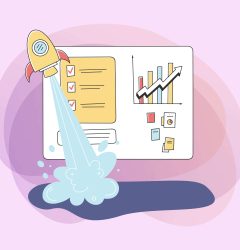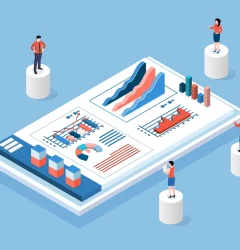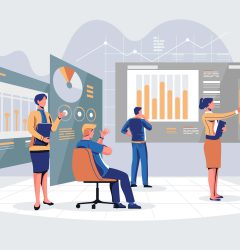Do Small and Medium-Sized Businesses Need a CRM Software?
- By ERM Akademi
09 Jun
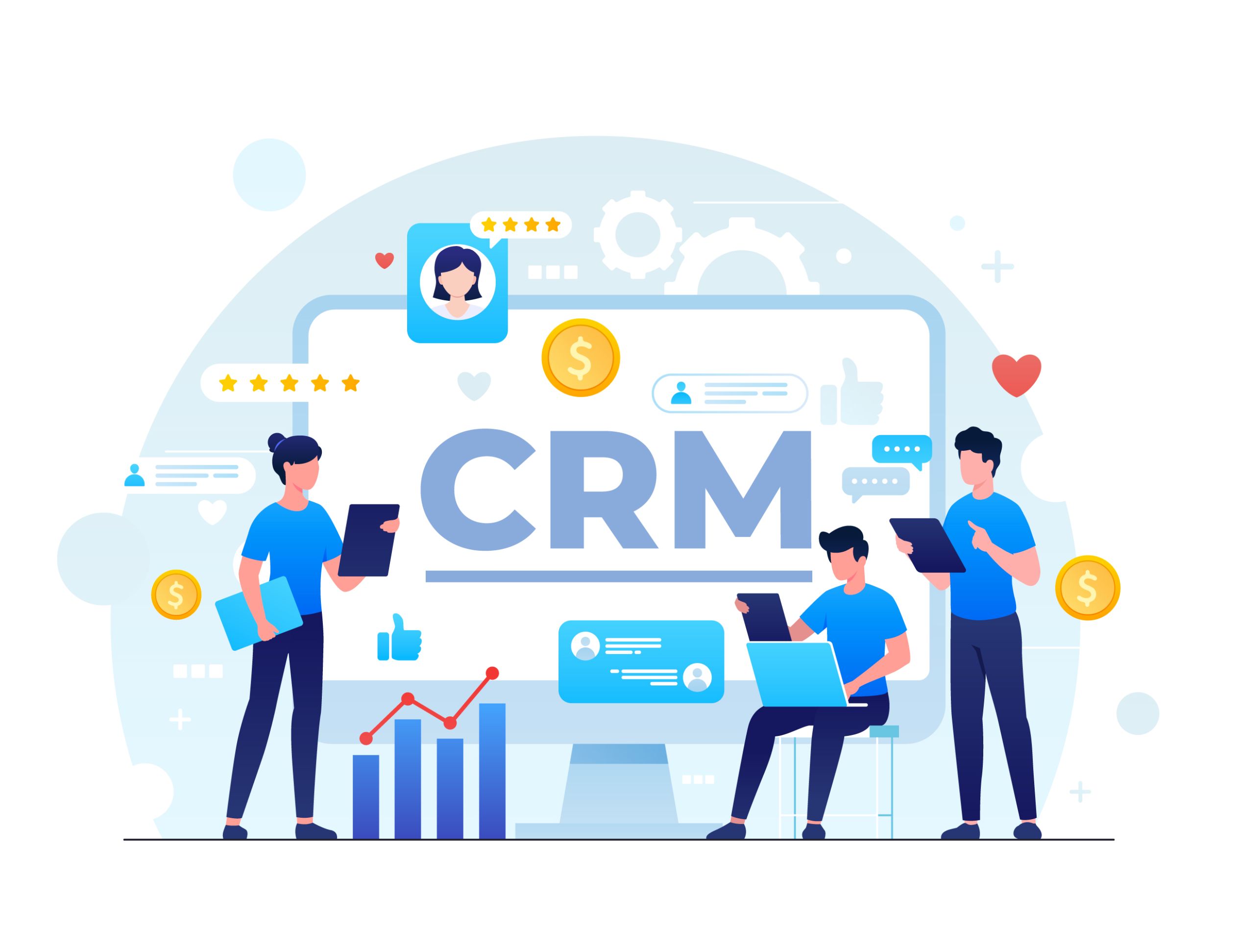
Today, companies adopt various strategies and implement different solutions to succeed by meeting the expectations and needs of their customers. One of these solutions is customer relationship management (CRM) software. At first glance, it may seem like small and medium-sized enterprises (SMEs) don’t need CRM software. Large companies rely on it because they have a large customer base and complex processes. However, SMEs can also benefit from CRM software to build closer relationships with their customers and better respond to their needs.
At this point, a common question arises: Is CRM software as essential for small and medium-sized enterprises (SMEs) as it is for large businesses? In this article, we address this important question by focusing on whether SMEs need CRM software, what factors influence this need, and the potential benefits CRM software can offer to SMEs.
What is CRM? What is CRM Software?
CRM (Customer Relationship Management) refers to the combination of technologies, strategies, and practices that businesses use to manage interactions with existing customers, potential clients, and prospects. CRM is also a strategy aimed at meeting customer needs, improving customer satisfaction, and increasing sales. In essence, it’s about building accurate and personalized relationships with customers.
CRM software provides businesses with tools to manage customer relationships more effectively. It strengthens these relationships, simplifies daily operations, and enhances marketing, sales, and post-sales service processes.
Customer relationship management (CRM) goes beyond just a technological solution. It is more of a business philosophy that helps organizations engage with customers efficiently and effectively. However, implementing a successful CRM strategy also requires the use of the right technologies.
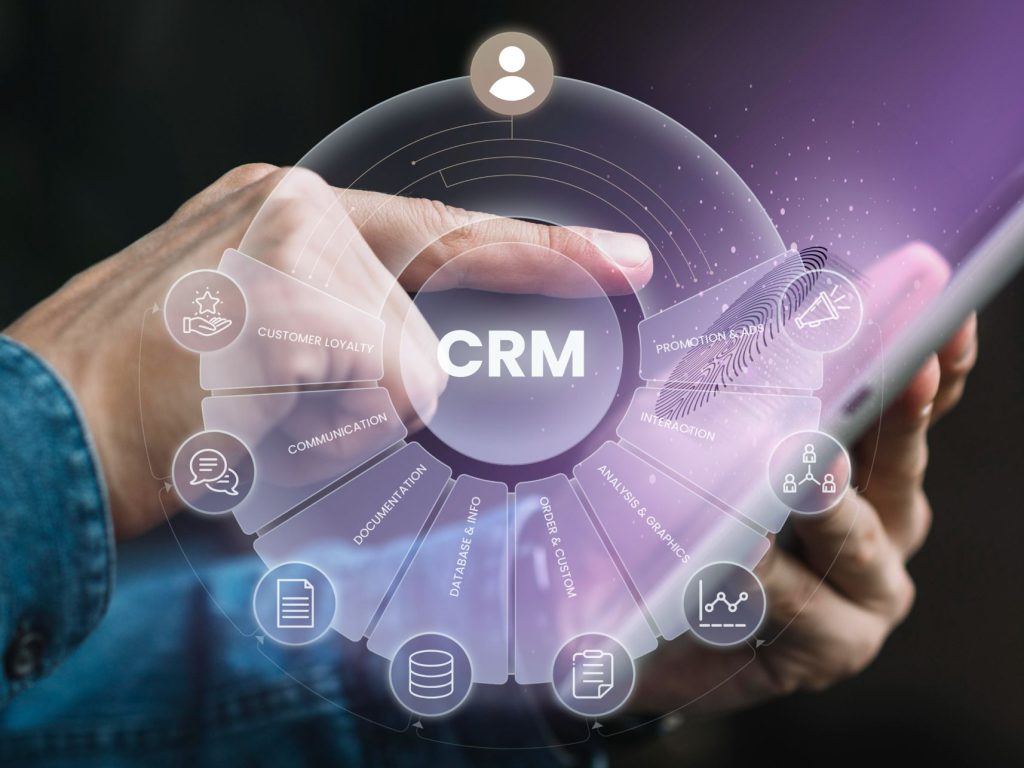
Why Is CRM Software Important for SMEs?
The business world is constantly evolving—and this is just as true for small and medium-sized enterprises (SMEs). In today’s competitive market, SMEs must constantly explore new ways to grow and sustain their businesses. In this context, customer relationship management, or CRM, has become a key component for many SMEs.
While the vast majority of large companies now use CRM software, only about 11% of small businesses currently use one. The perception that CRM software is expensive and concerns about a lack of return on investment are among the primary reasons for this low adoption rate.
CRM initially emerged to meet the needs of major players in finance and retail. Back then, it was assumed that small businesses wouldn’t need such a powerful tool. However, managing customer relationships has become critically important across all areas of business today. It’s important to remember that companies unable to effectively manage customer relationships may struggle to survive in the long term.
Newly established businesses usually have a limited customer base. That’s why it’s wise for them to implement strategies that help build trust and strengthen long-term partnerships with existing and potential customers. While large and mid-sized companies often have the resources to satisfy a large number of long-term customers, small businesses typically do not enjoy that luxury. Therefore, they must find ways to maximize and nurture every potential sale to ensure customer satisfaction. For this reason, CRM software is even more essential for SMEs.
Today, CRM is gaining significance in a business environment where customer focus is no longer optional. In a global marketplace where competition crosses borders and customer expectations take center stage, no company can afford to overlook customer satisfaction. CRM strategies and tools have become critical not just for large corporations, but for businesses of all sizes that truly care about their customers.
Unlike large companies, SMEs often have the advantage of building closer relationships with their customers. Owners or managers of small businesses are frequently in direct contact with their customers. As a result, customer satisfaction and loyalty play a vital role for SMEs. While big brands rely on their reputation to maintain relationships, SMEs rely on personal interaction and genuine connection.

When Do SMEs Need to Start Using CRM Software?
For SMEs, using CRM software shifts from being a helpful tool to an absolute necessity when they begin to face the following critical challenges:
Difficulty Managing Customer Contacts
Customer, lead, and contact information is stored in Excel files, but keeping it updated takes too much time, and there is no practical way to analyze the data.
Inability to Manage Customer Feedback
There’s no proper system in place to regularly record, respond to, and act upon customer feedback, making it difficult to initiate improvement processes.
Lack of Visibility into Customer Communications and Activities
There’s significant confusion in planning and managing customer interactions such as emails, calls, visits, appointments, and meetings.
Decreased Sales Efficiency
If sales team members struggle to track customer information and sales opportunities effectively, overall sales performance starts to decline.
Increase in Customer Complaints
Customer dissatisfaction grows when complaints are not addressed promptly and resolved quickly.
Complex and Time-Consuming Quotation & Contract Processes
Preparing, monitoring, and following up on proposals and contracts becomes overly complicated and time-consuming.
Reduced Marketing Effectiveness
Marketing campaigns are difficult to track, and results cannot be properly measured or evaluated for impact.
Problems Caused by Employee Turnover
When employees leave or change roles, important customer data is lost and business processes are disrupted.
Issues with Accessing Business Data
There are challenges in accessing business-critical information or data analysis quickly and easily across the organization.
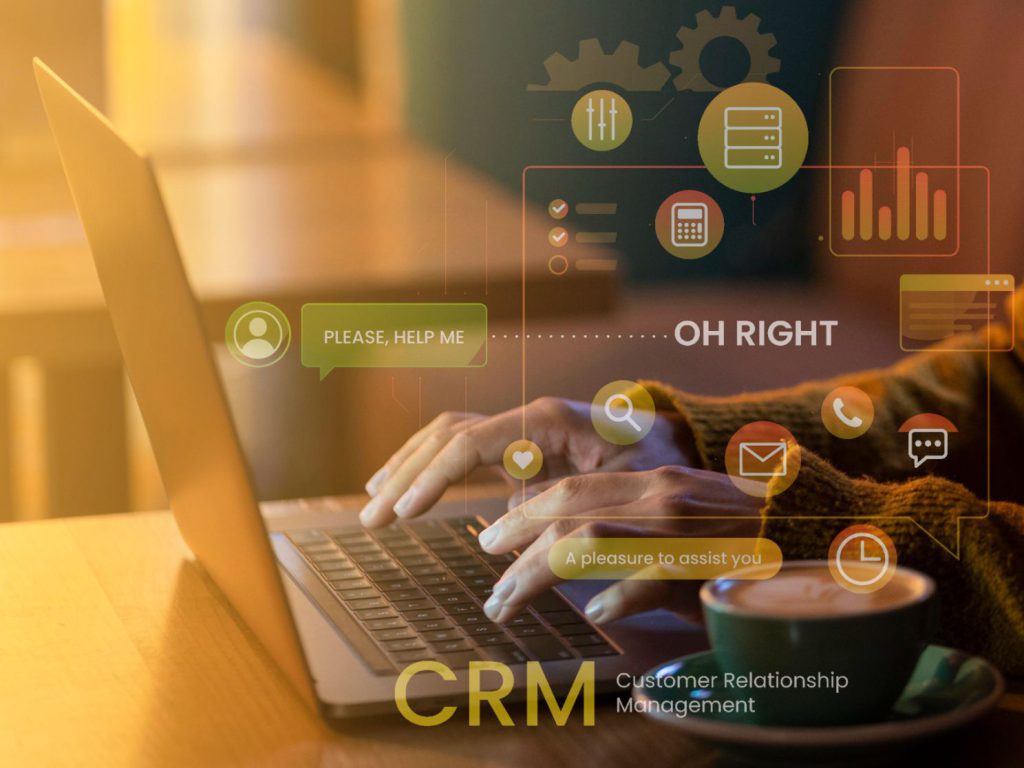
What Are the Benefits of CRM Software for SMEs?
CRM software offers a wide range of benefits that help SMEs build stronger relationships with both customers and sales teams. Key advantages include:
1. Enhancing Customer Communication and Service
CRM software stores customer history and activity logs, making this data easily accessible. This allows SMEs to communicate with customers more efficiently, respond to requests faster, and resolve issues more effectively.
2. Collecting and Analyzing Customer Data Strategically
CRM software enables SMEs to collect, organize, centralize, securely store, update, access, and analyze customer data. It helps build a centralized and institutional customer database.
3. Integration with Daily Applications
CRM software integrates data across multiple systems used by a business—such as business emails, calendars, social media channels, and accounting or ERP systems—offering a unified view of the customer that keeps all teams aligned.
4. Automating Business Workflows
CRM software helps SMEs automate time-consuming and repetitive tasks. It simplifies task tracking and management, saves time, and gives better control over business operations.
5. Improving Sales Processes
CRM software enables SMEs to track sales opportunities, manage sales teams more effectively, develop strategies for acquiring new customers, and gain valuable insights into sales trends.
6. Running More Effective Marketing Campaigns
CRM software helps SMEs manage marketing activities more effectively. Small businesses can send personalized SMS and email marketing messages—with permission—capturing customer interest, increasing brand awareness, and driving more sales. It also allows them to focus on loyal customers.
7. Boosting Team Collaboration and Managing Business Processes
Since CRM software collects all business data, it becomes a central hub for coordinating between departments. With a good CRM system, SMEs can assign tasks, plan workflows, and manage all operations from one platform—eliminating scattered Excel files and emails. This encourages teamwork and significantly boosts productivity.
8. Enabling Fast and Accurate Reporting
CRM software allows SMEs to generate fast and accurate reports, making it easier for business leaders to make data-driven decisions. It also automates manual reporting and analysis tasks, saving both time and costs.
9. Ensuring Data Security and Compliance
CRM software securely stores and protects customer data. It also helps businesses comply with data protection standards and legal requirements.
10. Providing Mobile Access
Most CRM software solutions are accessible via mobile devices, allowing field teams to instantly access and update customer information while on the move.
11. Managing Customer Feedback and Surveys
CRM software makes it easy to collect, manage, and analyze customer feedback and survey responses, offering valuable insights to improve customer satisfaction.
12. Gaining a Competitive Advantage
When used effectively, CRM software gives businesses a competitive edge. It strengthens customer relationships, supports new customer acquisition, boosts retention, and increases loyalty.
13. Supporting Scalability
A well-designed CRM software grows with the business, making it easy to scale as the number of customers increases—supporting long-term business growth.
Our expert is ready, Are you ready to explore ERM CRM?
See our all-in-one CRM solutions at work.
These might interest you.
Last Articles
Categories
- CRM Business (3)
- CRM Programı (1)
- CRM Software (5)
- Most Read (3)
Archives
- October 2025 (1)
- June 2025 (4)
- May 2025 (1)

